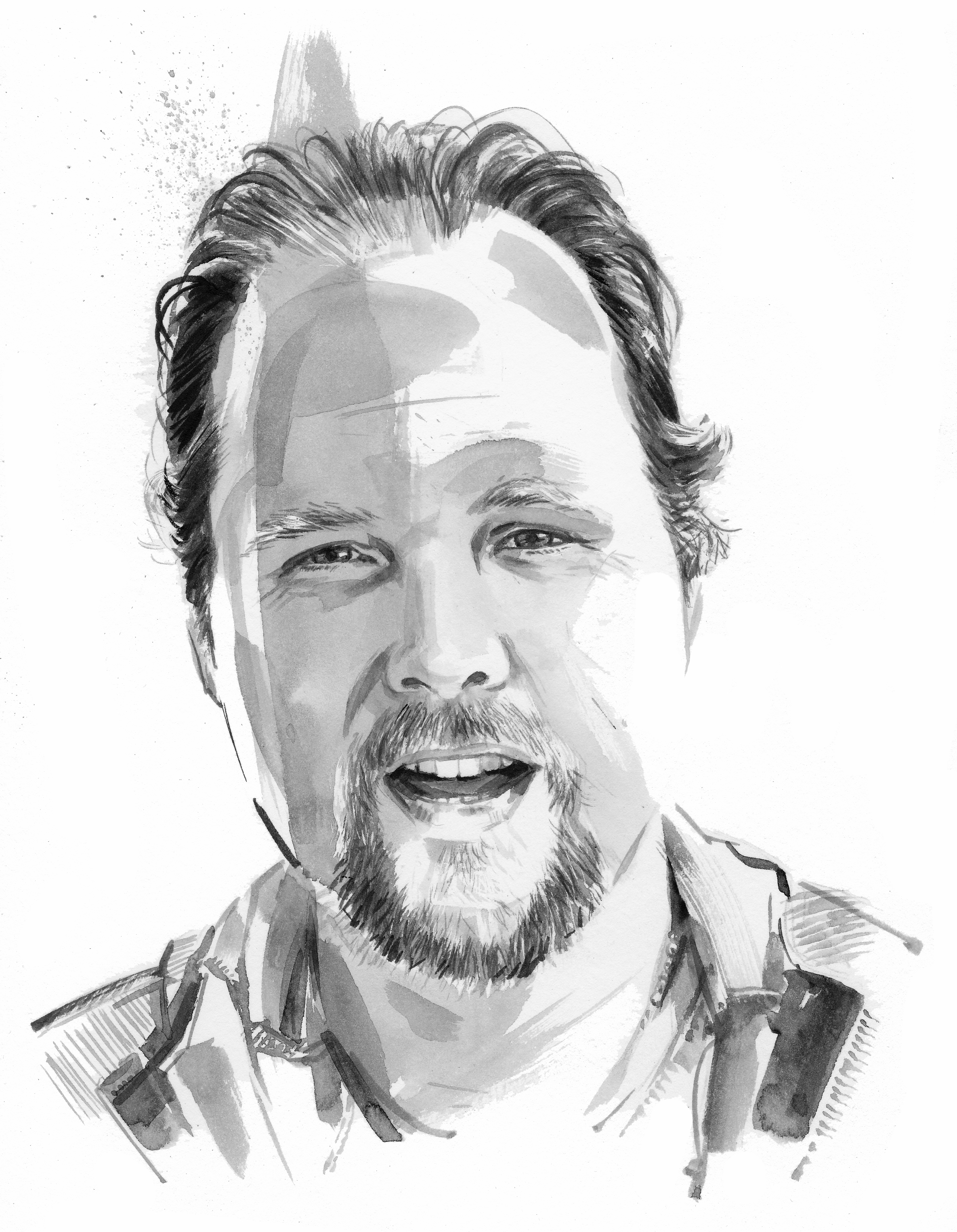Can we take a moment to talk about oracy? If you’re a teacher in England, I’m sure that you’ve done your fair share of listening about oracy. It would appear that it risks being the next big thing in education. This is a problem. Not because oracy isn’t important, but because it is. And the “next big things” in education have a habit of ending up dead and buried.
If you get a scheme of work for a subject in your school, you can have great fun playing archeologist. Digging through the long-term plans, you can scrape away the layers that build up over the years and find the fossilised remains of good intentions.
Near the surface, you might find a reference to starters with “metacognitive activities”. Peel away another layer and there might be, lingering for a term or two, an effort to build in mini whiteboards or exit tickets. Perhaps, if the curriculum is old enough, buried under everything else, you might find the remnants of some half-remembered speaking and listening strategies from the last time oracy was a make-or-break priority.
More from Mark Enser:
I started teaching near the start of this millennium (a sentence that never fails to make me feel ancient). The lesson plans we were encouraged to use included a box for us to fill in showing how we would encourage speaking and listening (along with literacy, numeracy and a host of acronyms like SEAL). The focus at the time was for us as teachers to stand aside and allow students to talk to each other.
We were also asked to include speaking and listening assessments where pupils would present their answers verbally and we would mark them on the quality of their work and their oracy ability.
None of this led to them becoming noticeably better at speaking and listening. If they did, we might not need the Oracy Commission today.
A hopeful approach
Despite my experience and cynicism, I am more optimistic about the chances for meaningful oracy education now.
The first sign that is giving me hope is the emphasis in the focus in the Oracy Commission report We Need to Talk on the need for teacher training in oracy. Speaking well doesn’t happen just by doing it a lot. We need to teach pupils the procedural knowledge of how to talk, and then to give them the opportunity to practise with this knowledge until they become skilled at doing so.
That first step is vital. And it can only happen if teachers have the knowledge to pass on to their pupils. Many teachers are highly competent communicators, but they may not have had the opportunity to stand back and identify the components that make them so skilled.
The second reason for my optimism is the much-discussed “knowledge turn” that has occurred in England’s schools over the last decade or so. A belief that what we teach is more important than how we teach and that it is important that pupils retain knowledge so that they can use it at a later date. This is critical in oracy.
Robin Alexander, in his work on dialogic teaching (a form of oracy for learning) notes that talk is richest in countries where “knowledge transmission and cultural initiation were explicit education goals”.
For pupils to be able to engage in dialogue in class, and for them to develop their oracy, they need to have something to talk about. I can confidently stand and talk for hours about educational policy, Dungeons and Dragons or 1970‘s folk horror (I’m a hoot at parties), but ask me to talk about this year’s premier league, the novels of Dostoevsky or the Italian fashion houses and it will be full of hesitation, repetition and deviation.
We can only talk well if we have the knowledge of how to talk well and the knowledge with which to talk about something. The fact that this is now being recognised means that this time oracy might just stand a chance.
Mark Enser is an author and a head of geography in a school in the North West of England
For the latest research, pedagogy and classroom advice, sign up for our weekly Teaching Essentials newsletter





